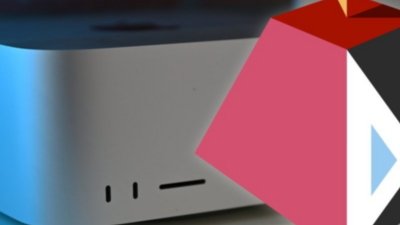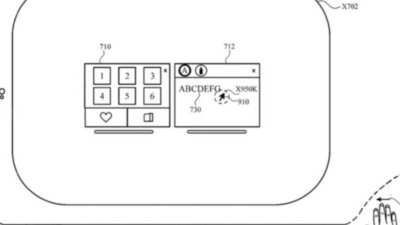In a report from Italian news agency ANSA published on Thursday, it was revealed that Samsung's bid to block iPhone 4S sales in Italy was rejected by the Milan-based Italian first-instance court for patent cases, according to FOSS Patents' Florian Mueller.
The Italian court's rejection marks the third straight loss for Samsung in its effort to curb Apple handset sales in Europe, and follows similar decisions by France's Tribunal de Grande Instance de Paris in December 2011 and Dutch court Rechtbank's-Gravenhage's ruling in October.
Both companies are embroiled in a worldwide patent war, though thus far only Apple has seen success in its injunction requests and won bans against Samsung's Galaxy Tab 10.1 in Germany, Australia and the Netherlands.
Mueller points out, however, that the Cupertino, Calif., company is only slightly ahead despite successfully banning the tablet in the three countries. He goes on to explain that Apple could potentially owe Samsung a significant amount in damages if courts in those states find that the preliminary injunctions were improperly granted.
Although the two electronics giants shot for short-goal wins in order to disrupt each other's business, the plan was ultimately ineffective. It seems clear that in order to continue with this line of patent litigation, a regular comprehensive proceeding must take place which means that the dispute is unlikely to be resolved any time soon.
The patent war erupted when Apple filed a suit against Samsung in April 2011, alleging that the South Korean company blatantly copied the look and feel of the iPhone and iPad. Most recently, Apple's motion in the U.S. was shot down in December.
The dispute now spans over 10 countries across four continents.
 Mikey Campbell
Mikey Campbell

 Malcolm Owen
Malcolm Owen
 Amber Neely
Amber Neely
 Andrew Orr
Andrew Orr
 Wesley Hilliard
Wesley Hilliard
 William Gallagher
William Gallagher


 Sponsored Content
Sponsored Content









18 Comments
?the third time the South Korean electronics maker has failed to obtain a ban?
Something tells me they won't take the hint.
Wish there was a quote from the judge or something.
Something tells me they won't take the hint.
Wish there was a quote from the judge or something.
He was probably lost for words.
I like all of these lawsuits. Apple is winning more than they lose. It will be Apple's competitors and the no talent ripoff companies who end up getting the short end of the stick.
I wonder what the next Samsung commercial will look like? First they try and make fun of Apple customers standing in line, because Apple has the most desirable and in demand phone, then Samsung comes out with a new commercial, that is a rip off of Apple's commercials, with similar vibe, similar music, similar concept. Samsung is a joke.
would have been a better title for this article. When I read the headline, I thought Samsung denied that they tried to ban the iPhone in Italy... misleading title!
would have been a better title for this article. When I read the headline, I thought Samsung denied that they tried to ban the iPhone in Italy... misleading title!
Then you read it wrong. The meaning is clear for all to see. I knew exactly what it meant when I read it.